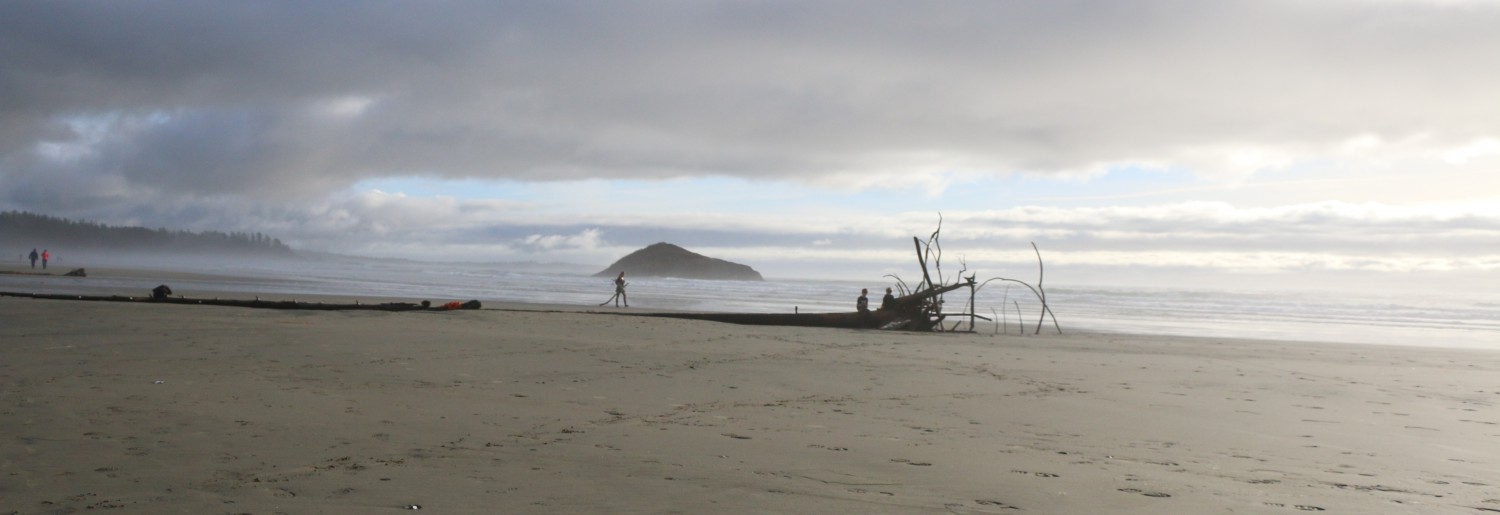Thursday May 31, 2012 – Globe and Mail
ANNA MEHLER PAPERNY
For state strongmen and private corporations alike, Charles Taylor sentencing provides sober second thought about the weapons trade, observers hope
Arms suppliers, take note: Charles Taylor’s five-decade sentence means you’re responsible for atrocities committed with your weapons.
And the International Criminal Court wants experts at the University of British Columbia to help figure out what that means.
The implications are significant – for private corporations as well as state actors.
“It’s a monumental shift, from ‘Do whatever you like’ to ‘You can transfer weapons, but there has to be a principled basis for it,’ ” said James Stewart, UBC law professor and former appeals counsel at the International Criminal Tribunal for the former Yugoslavia.
Earlier this year, Prof. Stewart received an endorsement from an investigations co-ordinator at the International Criminal Court to hold a meeting of worldwide experts later this year discussing how to hold arms vendors liable for human-rights violations.
The proposed UBC Human Rights Clinic has been asked to advise the Special Court for Sierra Leone judges weighing Mr. Taylor’s pending appeal. (Just one catch, Prof. Stewart said: The jury’s still out on whether the law faculty can get provincial or federal funding to pay for the initiative.)
The historic Taylor case shows the international courts can have teeth. And prosecuting taking on arms suppliers means war-crime prosecutions can be proactive: Instead of waiting until the end of a protracted conflict to lay charges, investigators could cut weapons supplies off at their source.
In the meantime, Wednesday’s sentencing could put momentum behind some pending war-crimes cases.
Thomas Lubanga
Accusation: Recruited child soldiers in the Democratic Republic of Congo while a rebel militia leader.
Status: Convicted; sentencing hearings scheduled for June.
Taylor impact: This sentence could set a precedent. But Mr. Lubanga’s case is unique in that it’s the first to include reparations to victims.
Vulnerability: High
Laurent Gbagbo
Accusation: Responsible for post-election violence in 2010 during which thousands were murdered, raped and injured.
Status: Hearing to consider charges starts next month.
Taylor impact: Once the Ivory Coast’s president, Mr. Gbagbo is probably looking warily at the heavy sentence meted out to a fellow former head of state.
Vulnerability: High
Joseph Kony
Accusation: Recruitment and exploitation of child soldiers as the head of the Lord’s Resistance Army.
Status: At large. Likely in the Democratic Republic of Congo.
Taylor impact: Minimal. Little dispute over trial jurisdiction – they just need to catch him first.
Vulnerability: Medium
Saif Gadhafi
Accusation: Killing and persecuting civilians during Libyan uprising that resulted in his father’s overthrow.
Status: Nominally in Libyan custody. The International Criminal Court has asked Libya to hand him over, but local authorities want to charge him nationally.
Taylor impact: Low, in this case, as it failed to end tussles over the International Criminal Court’s jurisdiction.
Vulnerability: Medium
Omar al-Bashir
Accusation: Three counts of genocide in Darfur.
Status: The Hague has issued a warrant for his arrest but has no arresting power: A country needs to turn him in. So far, neighbouring countries appear unwilling to do so.
Taylor impact: This case indicates heads of state aren’t safe; but African Union countries have argued Mr. al-Bashir’s status as a sitting president should give him immunity, says Jefferson Institute law professor Linda Keller.
Vulnerability: Low
Bashar al-Assad
Accusation: United Nations observers and human-rights groups hold Mr. al-Assad responsible for a brutal crackdown, including an estimated 10,000 dead, over the course of Syria’s uprising, now in its 15th month.
Status: President of Syria.
Taylor impact: Probably minimal: It’s highly unlikely the International Criminal Court would open an investigation into Mr. al-Assad while Russia holds veto power at the UN security council.
Vulnerability: Very low

